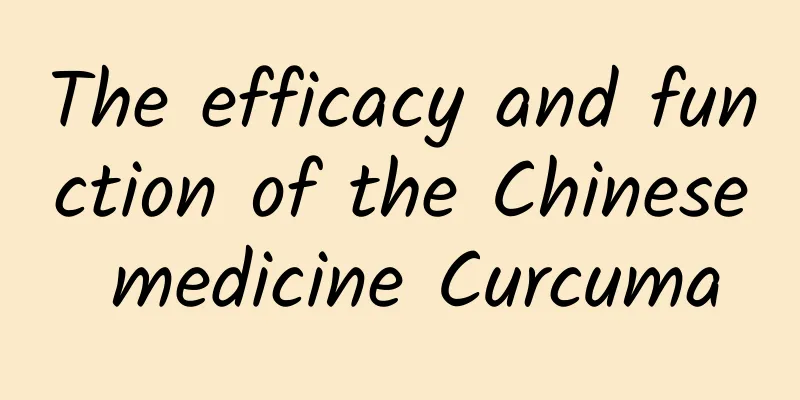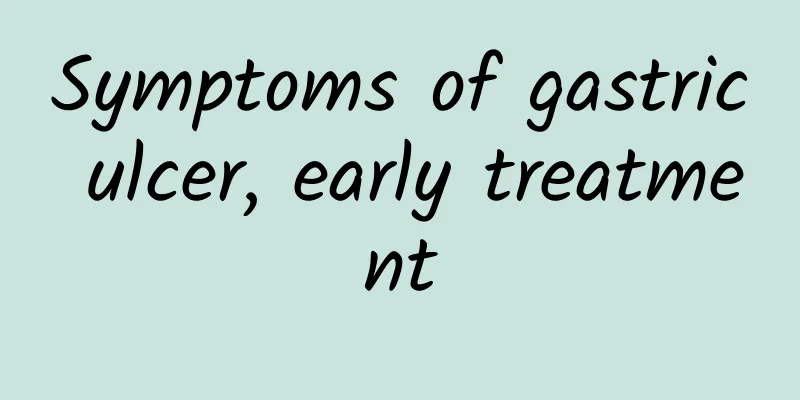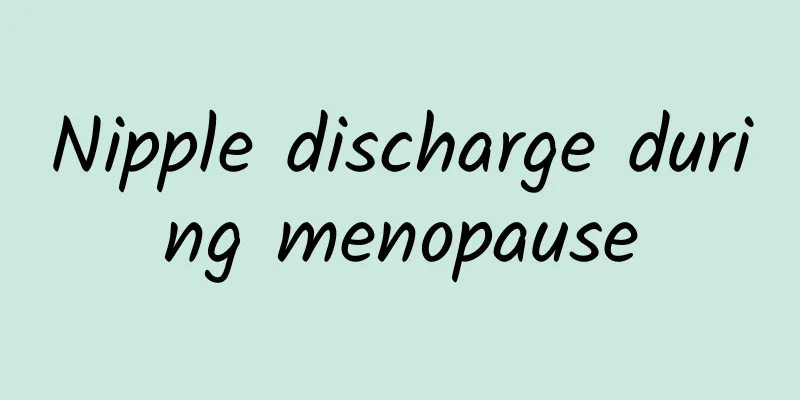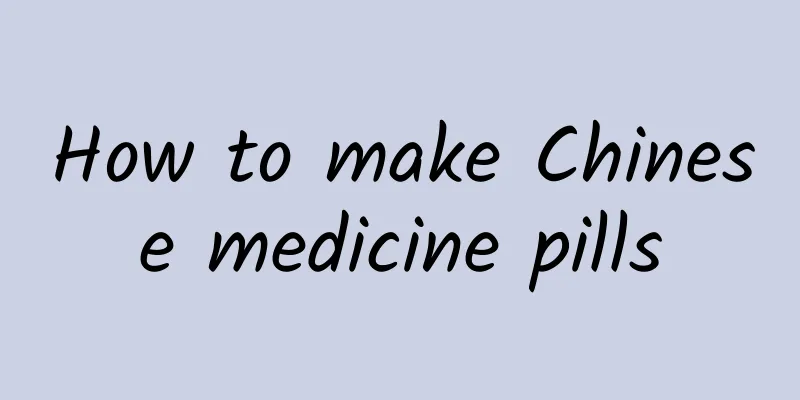Symptoms of emphysema in the elderly
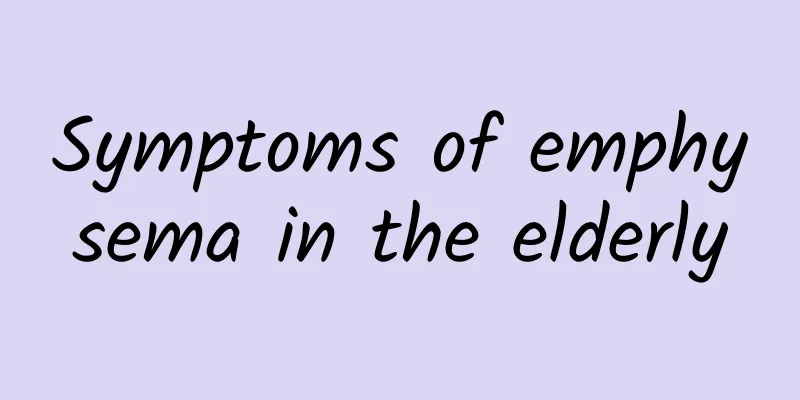
|
When it comes to emphysema, most patients with this disease, in addition to taking medication on time, the best thing to do is of course to prevent it before it happens. Due to the aging of human functions, low immunity and other reasons, the probability of illness among the elderly is increasing. Therefore, when the elderly are sick, we should be more alert and relieve their psychological tension. What are the symptoms of emphysema in the elderly? For elderly people suffering from emphysema, in addition to the doctor's diagnosis, what form will this disease take when it onsets? Generally, in the early stages, the symptoms are not very obvious. Let's look at the symptoms of emphysema below. Symptoms of emphysema include: (1) Cough and sputum: Patients with emphysema often have a history of coughing and sputum for many years. During the stable period, cough and sputum may be mild and present as white sticky sputum; when combined with respiratory tract infection, cough and sputum may become more severe and present as purulent sputum. (2) Chest tightness and shortness of breath: In the early stage, shortness of breath occurs after activities such as climbing stairs or walking briskly; gradually, it develops to the point where shortness of breath is also felt when walking on flat ground; in the later stage, shortness of breath occurs during daily activities such as washing face, brushing teeth, tying shoes, dressing, talking, and even when resting. Patients often like to sit forward (which allows the accessory respiratory muscles to participate in the activity), exhale through pursed lips, or groan in exhalation. (3) Fatigue, poor appetite, weight loss, etc.: very common in elderly patients with emphysema. (4) Fever: Fever is common when combined with infection. Symptoms such as drowsiness or irritability, mental disorder, headache, sweating, asterixis of the hands, etc. often indicate the possibility of combined respiratory failure. Oliguria, lower limb edema, cyanosis of lips and fingers, palpitations, etc., often indicate the possibility of concurrent cor pulmonale and right heart failure. Judging from the symptoms mentioned above, it is generally best to detect and treat the disease as early as possible. After all, for the physical condition of the elderly, early treatment is of course more helpful for physical recovery. At the same time, we should not ignore it and should treat it with caution, which will be more helpful for the recovery of the elderly. |
<<: Precautions for hypothermia in the elderly
>>: Treatment of emphysema in the elderly
Recommend
What to do if mosquito bites become infected?
In summer, mosquito bites are quite common. If an...
How should atrial flutter be treated?
Heart health is an issue that people must pay gre...
Can Naoan Granules treat insomnia?
Not being able to sleep at night and having no en...
What to do if internal hemorrhoids prolapse? How to deal with prolapsed internal hemorrhoids
Prolapse of internal hemorrhoids is a common symp...
Saffron is suitable for the age
Saffron is actually a relatively precious Chinese...
What to do if your baby scratches his face
Many babies like to grab things when they are you...
What should I pay attention to after I just took off the ring?
Please note that you cannot get pregnant immediat...
TCM treatment of Qi and blood deficiency
Deficiency of both Qi and blood is generally mani...
What are the symptoms of stomach stones?
Gastric stones are a common disease that can occu...
What happens if the wisdom teeth are not removed?
Wisdom teeth can be said to be the last teeth to ...
What are the methods used by old Chinese doctors to treat cough
When we catch a cold, we often have symptoms of c...
What is sepsis
We may have heard of sepsis in our daily lives. T...
What to do if a child has a fever
For babies of a few months old, if they have a fe...
What antibiotics are used for bacterial infections
A bacterial infection is a disease caused by bact...
How to perform liver cyst puncture
Liver cysts are quite common in our daily life. S...


